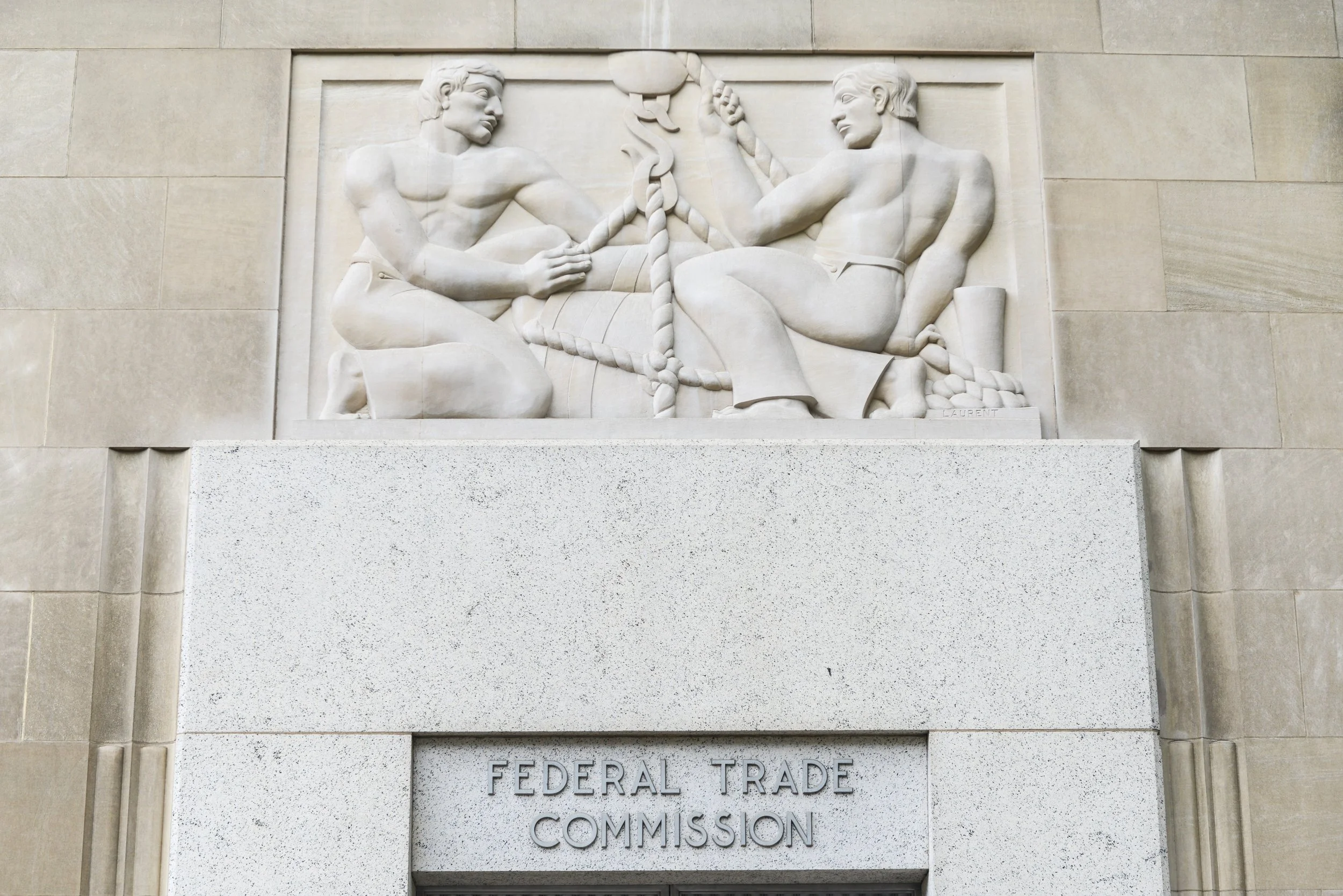The Energy Choice Coalition joins 235 consumer, anti-monopoly advocates, public interest and environmental organizations, and rooftop solar companies in petitioning the Federal Trade Commission (FTC) to investigate the practices of monopoly electric utilities that impede renewable energy competition and harm consumer protection.
The petition details widespread anti-competitive abuses by monopoly electric utilities across the country, including tens of millions of dollars in bribes to public officials, bankrolling schemes to run “ghost” candidates to keep political allies in power, and fixing the market to block competitors from providing renewable energy to customers. The petition was sent to the FTC on May 18.
“The abusive practices of monopoly utilities are stifling innovation and competition from private industry,” said Robert Dillon, executive director of the Energy Choice Coalition. “It’s forcing consumers to pay more for dirtier energy, keeping badly needed private investment on the sidelines, and undermining our national climate goals.”
Among the abuses described in the petition:
An Ohio utility, FirstEnergy, paid $60 million in bribes to the Ohio House speaker’s political machine. In return, the utility secured a $1 billion ratepayer-funded bailout for several of its unprofitable nuclear and coal plants.
Florida Power and Light spent millions of dollars on political consultants who engineered a scheme to siphon votes to third-party “ghost candidates” from candidates committed to holding utilities accountable, according to reporting by the Orlando Sentinel. The ghost candidate won in all three races. One utility opponent lost by just 32 votes.
A recent national survey found that nearly three-quarters of solar developers experience delays in interconnecting projects to the electric grid. Eighty-five percent of respondents specifically named utility noncompliance with interconnection procedures as a problem. These delays can increase the cost of distributed solar projects and cause customers to back out of long-delayed projects. Minnesota regulators fined Xcel Energy $1 million for failing to keep pace with a backlog of projects. Two years later the backlog remains a barrier to solar growth.
An FTC investigation of monopoly electric utilities has precedent. Massive industry consolidation in the 1920s led to consumer abuse, corruption and coordinated efforts to thwart competition. A 7-year FTC investigation into electric utility abuses at the time resulted in Congress passing the Public Utility Holding Company Act in 1935, which set limits on utility companies’ ability to merge and manipulate the market. Unfortunately, Congress repealed the Act in 2005, worsening many of the problems the United States is seeing today.
The FTC must take action to stop utility abuses. Congress should prioritize legislation to protect consumers and ensure robust competition is allowed to flourish in electricity markets. Legislation should include structural changes that abolish conflicts of interest and reduce utilities’ ability to exert market power over their competitors.

